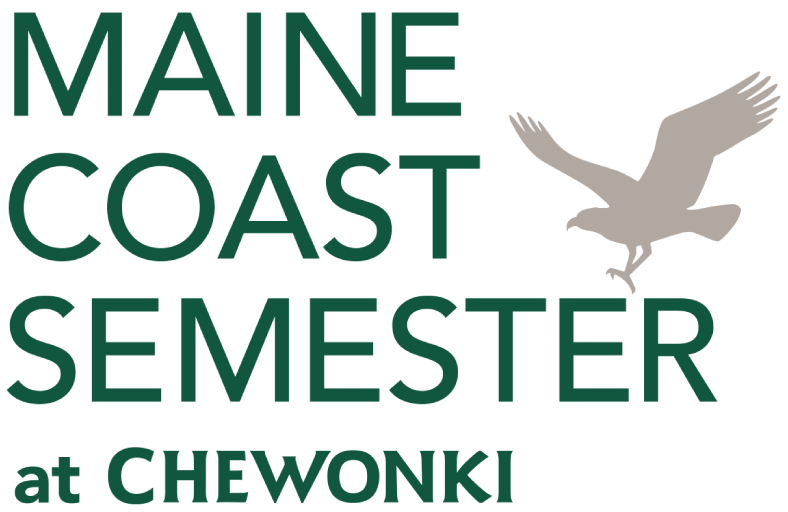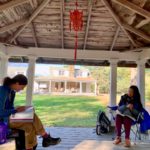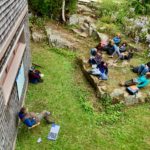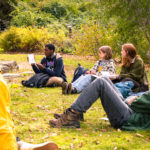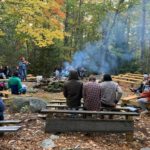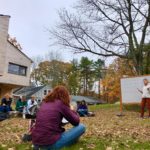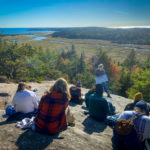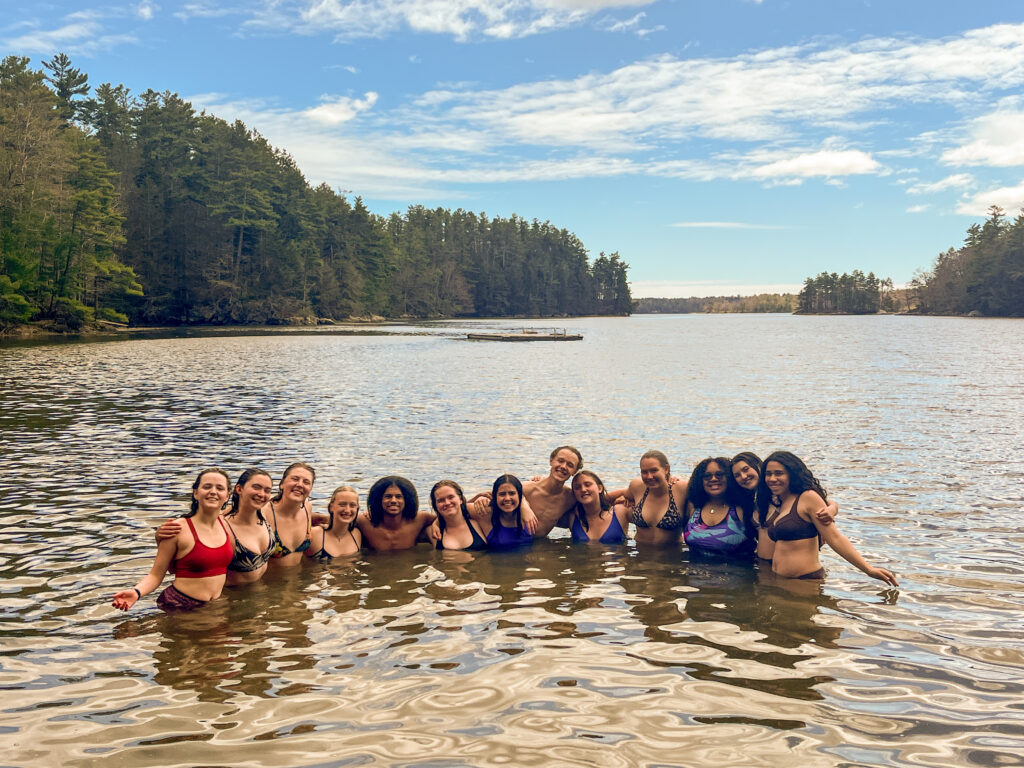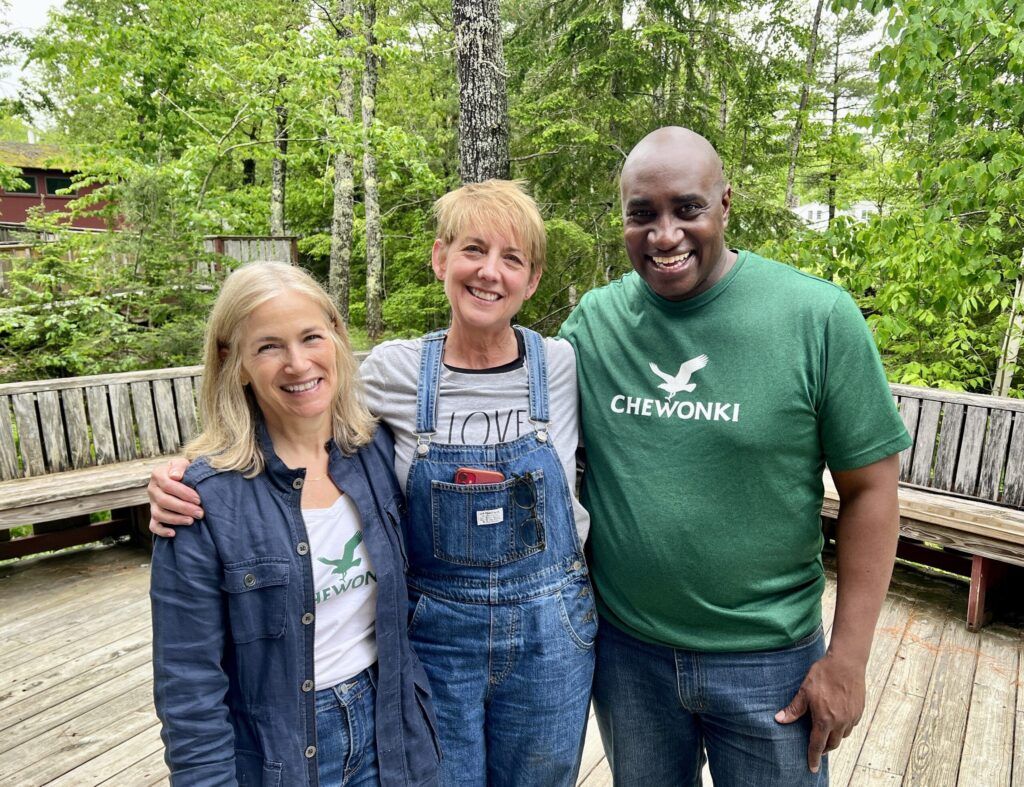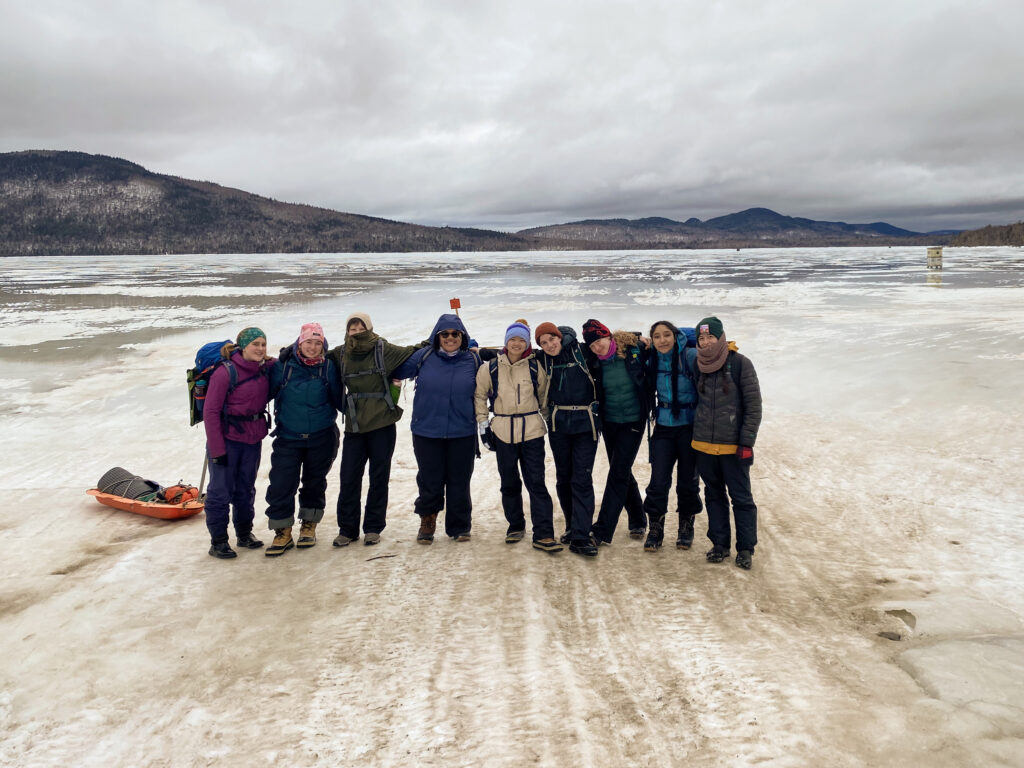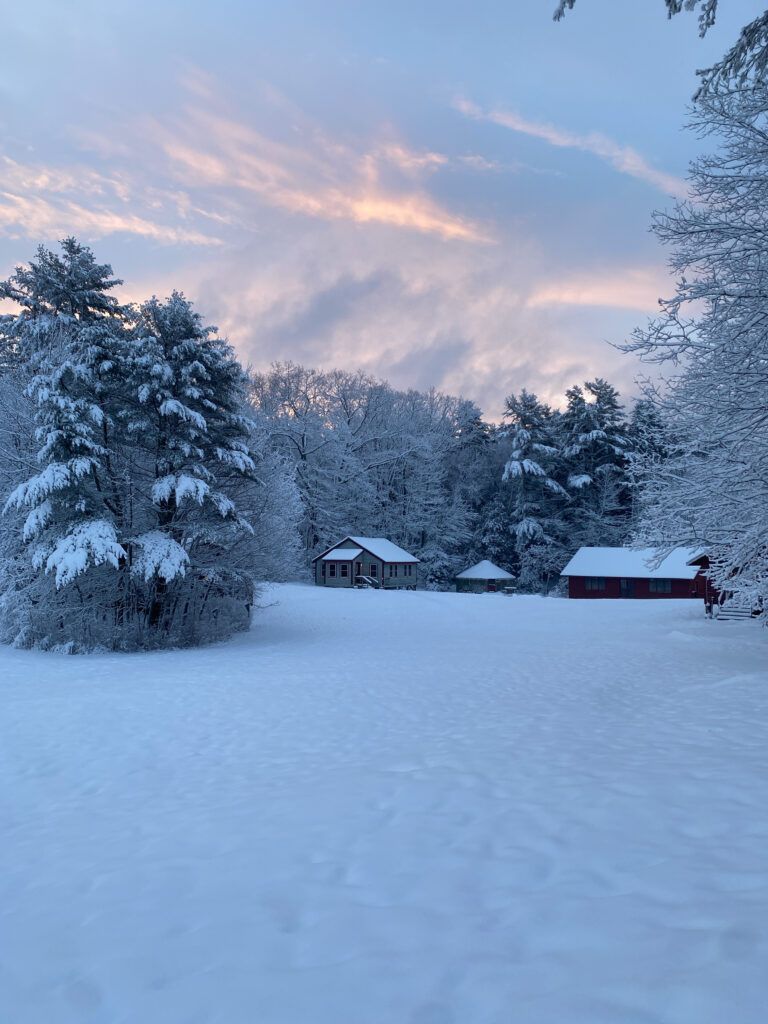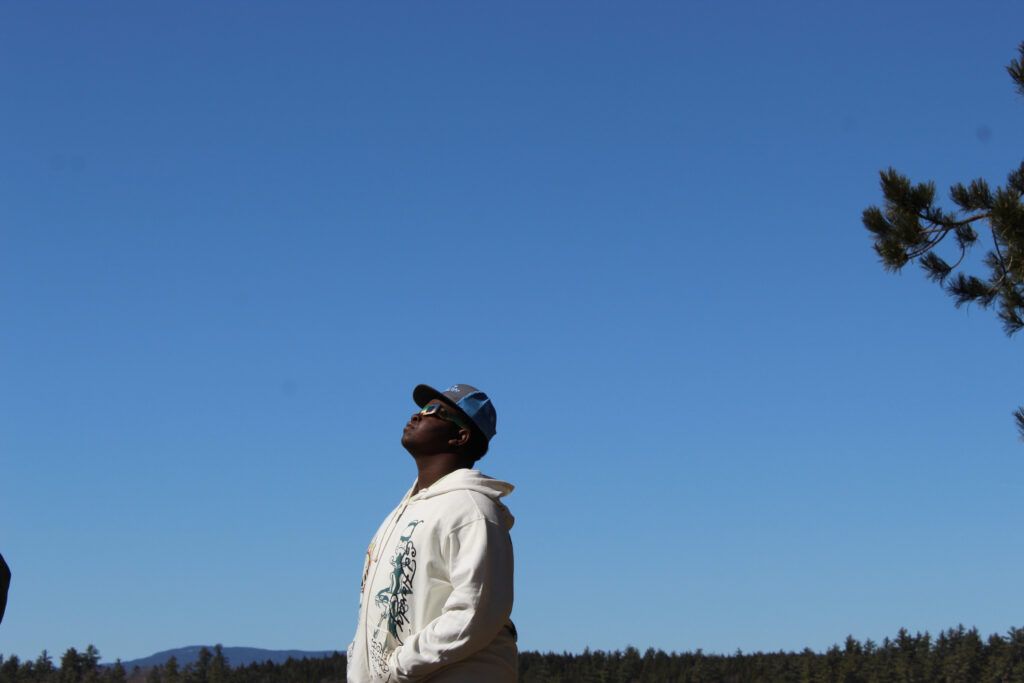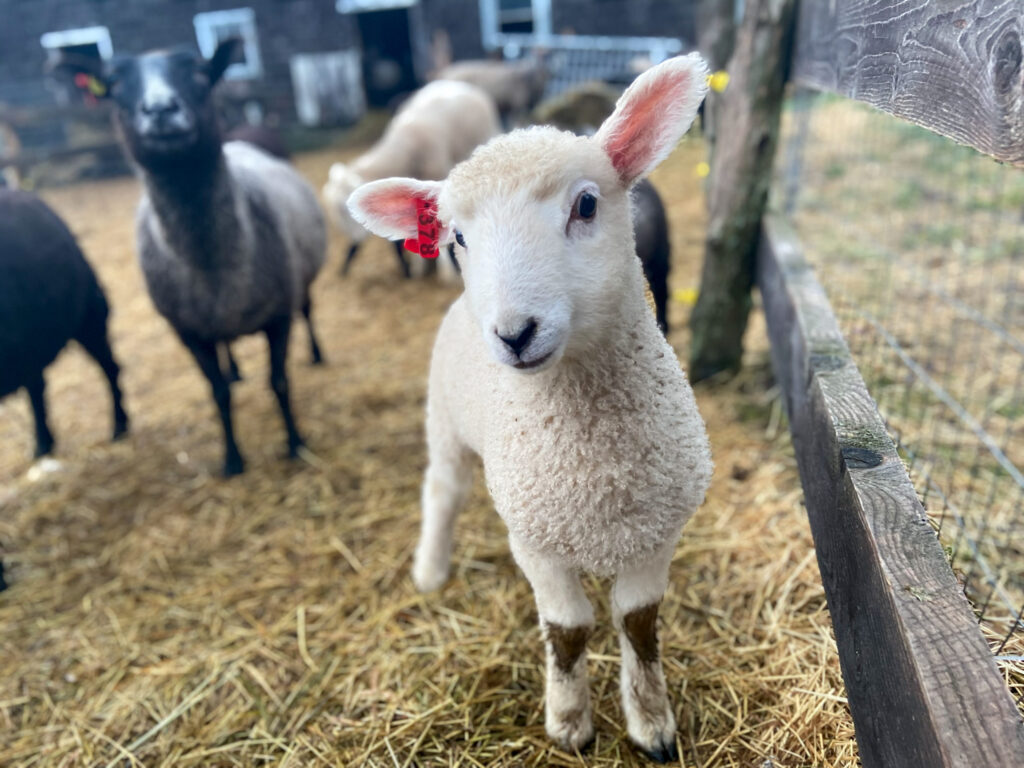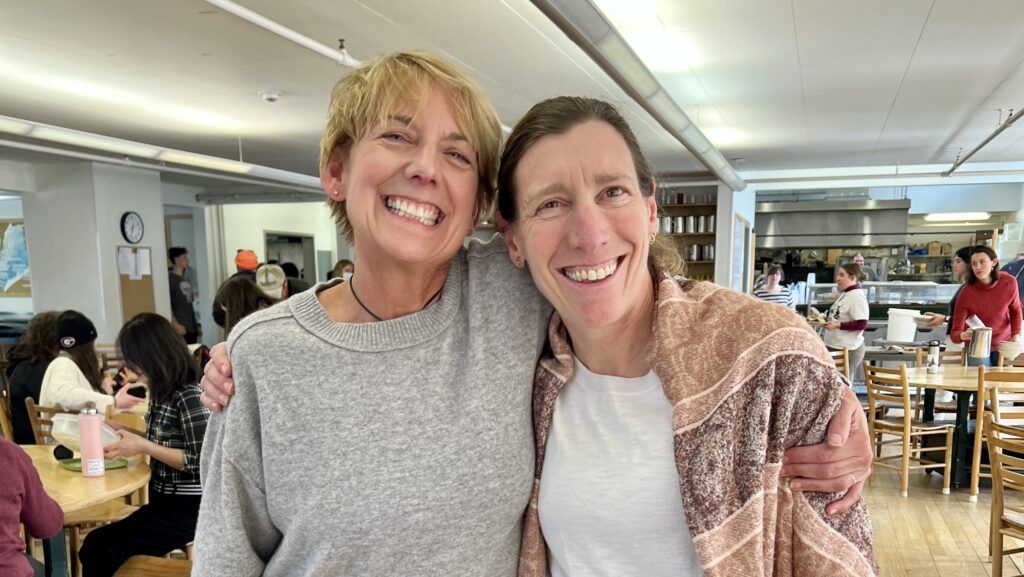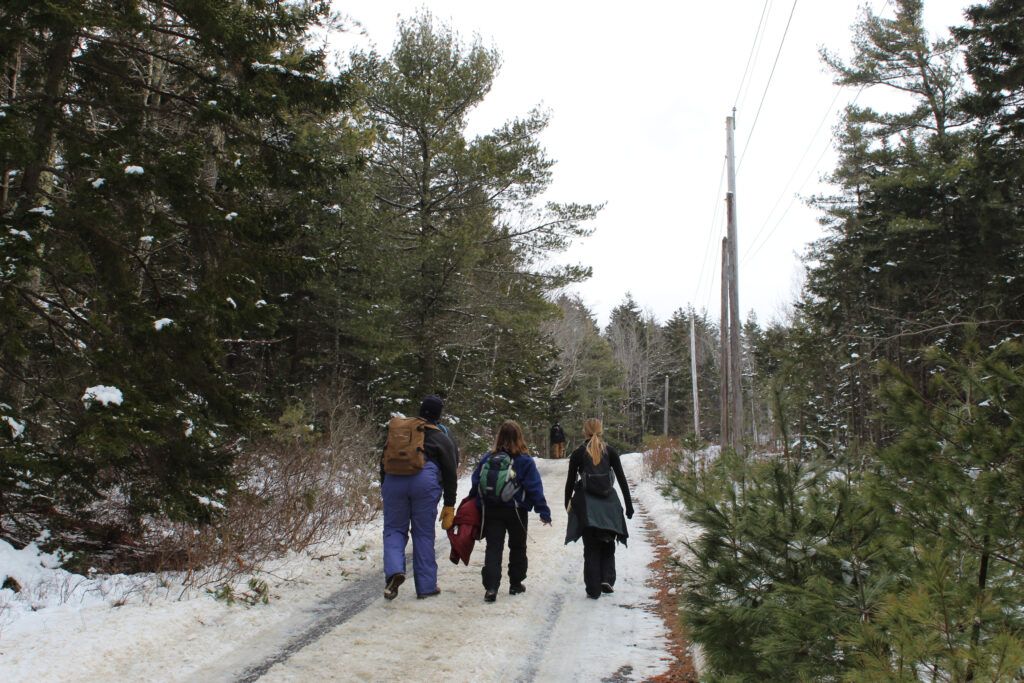In the days before welcoming Semester 65, Julie Barnes, our Dean of Students, sent out a message which resonated deeply with our learning community and has been on our minds ever since. Julie spoke of a passage from the book The Great Tide Rising by Kathleen Dean Moore. This excerpt was about the eruption of Mount Saint Helen in 1980 and how scientists believed that all life would be wiped out from the mountain, and that it would not return for centuries.
The author comments: “What the scientists know now, but didn’t understand then, is that when the mountain blasted ash and rock across the landscape, the devastation passed over some small places hidden in the lee of rocks and trees… Refugia, they call them: places of safety where life endures.” Julie’s hope was that Maine Coast Semester could be this place, one that “protects and nourishes life, healing, and transformational experience – for our students, for ourselves, and for our world.”
During the countless hours of planning over the summer, it was clear that in order to create this safe refuge for the students, we would have to get back to our roots and lean into our place-based model more than ever. Changes were made: classes would be held outdoors as much as possible, and every inch of our 400 acres of land would be explored as potential learning spaces. While teachers worked tirelessly to adapt their curriculum to these new guidelines, the normally vibrant campus was empty, and we all eagerly awaited the return of our students.
Now, walking across campus yields a much different picture: laughter rings out from all directions, students sit under the changing leaves while learning, and the toll of the bell signals the end of a lesson. Shifting to a majority of the time outdoors has even had some unintended benefits. Teachers cite less screen time, more connection with the natural world, and sweet and serendipitous moments such as picking apples right from our trees for a quick snack.
Sarah Rebick, our English teacher, says: “being outside allows for more expansive thinking when our minds are not constrained by four walls and a ceiling.” Students have spotted bald eagles flying low overhead, and even shared a learning space with a friendly woodpecker. The outdoors has truly become our classroom, and we are grateful for the safe haven it has provided for us during these difficult times.
If you would like to learn more about our place-based curriculum, please go here.
